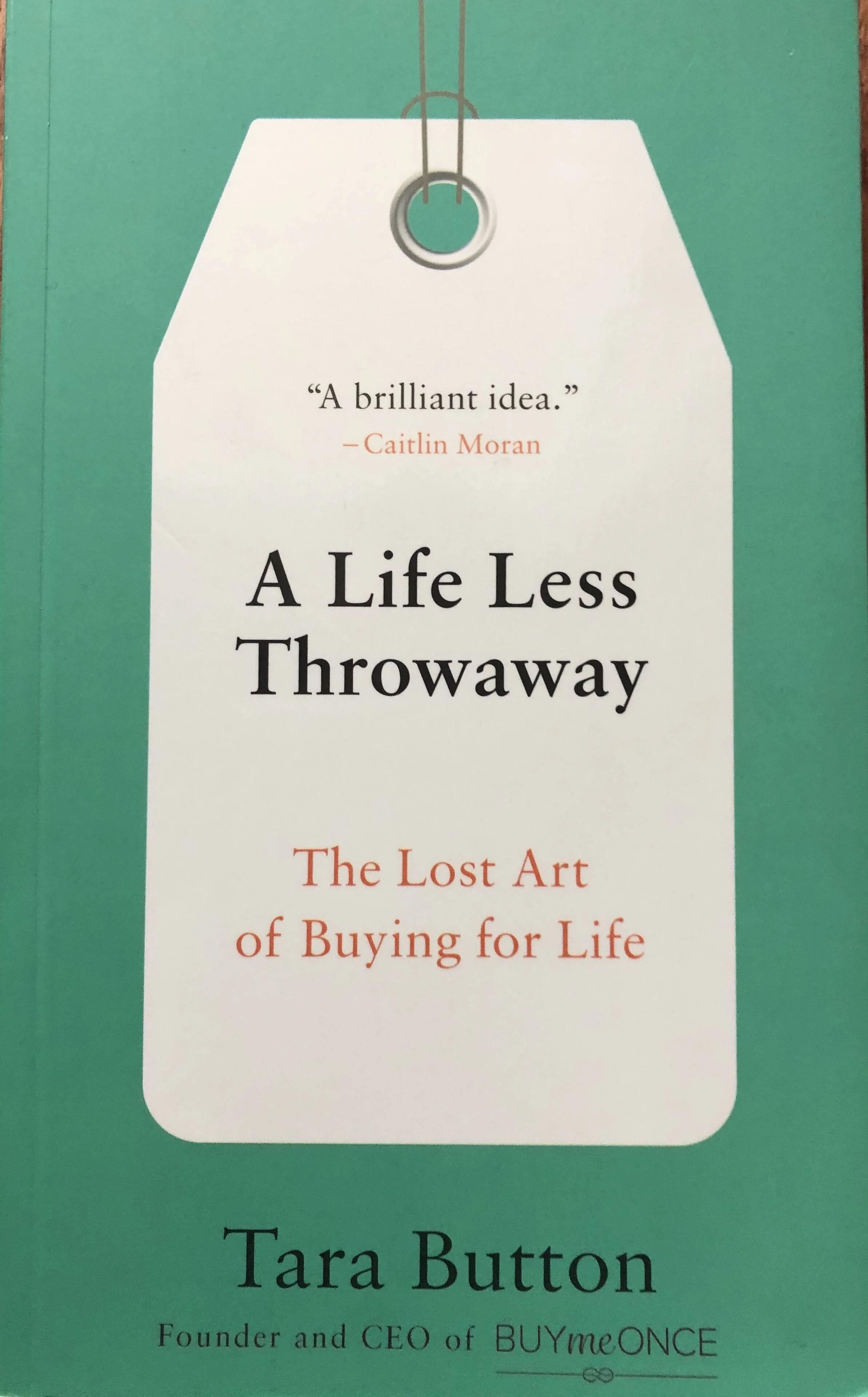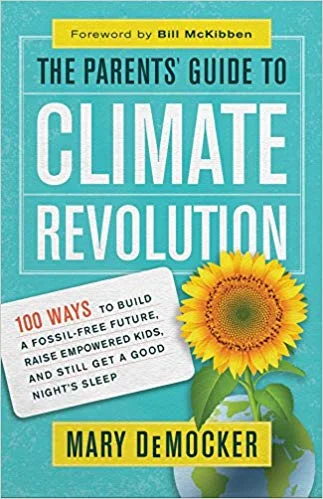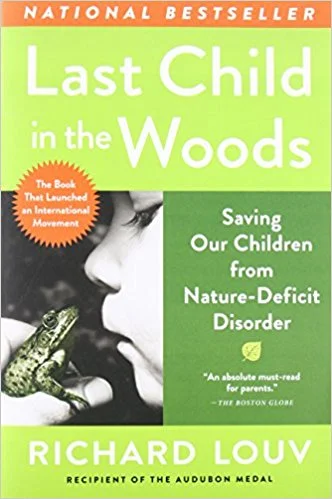Book Notes
WHAT WE’RE READING:
WEC Directors are always on the lookout for informative books on the environment with emphasis on early release and fresh perspectives. EARTH NOTES will help you spend more time reading and less time figuring out what to read.
A Life Less Throwaway
The Lost Art of Buying for Life : Tara Button has become a champion of a lifestyle called “mindful curation” - a way of living in which we carefully choose each object in our lives. There are 10 steps to master “mindful curation” and each is explained in this book.
Life Without Plastic: The Practical Step-by-Step Guide to Avoiding Plastic to Keep Your Family and the Planet Healthy
WEC Director Amanda Seitz says of Life Without Plastic:
This life changing book will make you reexamine the plastic you use in your daily life. It's everywhere! This book offers helpful swaps, alternatives, and advice to anyone looking to lower or eliminate their plastic consumption. I have referred back to this book numerous times while on my quest to become “low waste.”
The parents' guide to climate revolution: 100 ways to build a fossil-free future, raise empowered kids, and still get a good night's sleep
By: Mary DeMocker
This new release helps parents feel empowered and proactive in what may seem like a tumultuous but pivotal time for our Earth.
This book includes a foreword by Bill McKibben, who was gracious enough to speak about climate change as part of WEC's Harwood Lecture Series in 2010.
For kids!
The Lorax: By Dr. Seuss
WEC Director Monique Gil-Rogers says:
In its simplicity this book touches on environmental stewardship, senseless consumerism, the impacts of pollution on the environment, and the excessive use of resources. This book was banned in 1989 in Laytonville California schools because it shed an unfavorable light on the logging industry and might influence children to be against the logging industry.
Last child in the woods: saving our children from nature-deficit disorder
by richard louv
WEC Director Erin Brinton says, "This is a fantastic book that explores what happens when we remove children from nature. There’s science, anecdotes, and interviews with children. It approaches the concept of environmental stewardship from a young age on many different levels. It is by far one of my favorite books and one that I recommend everyone read once. When you understand the impact nature has on children, their imagination and their development you’ll never call them back inside."
Of Hope Jahren’s autobiography “Lab Girl,” WEC Director Mallie Mandel says it’s “a must read!” From the book’s description:
Geobiologist Hope Jahren has spent her life studying trees, flowers, seeds, and soil. Lab Girl is her revelatory treatise on plant life—but it is also a celebration of the lifelong curiosity, humility, and passion that drive every scientist. In these pages, Hope takes us back to her Minnesota childhood, where she spent hours in unfettered play in her father’s college laboratory. She tells us how she found a sanctuary in science, learning to perform lab work “with both the heart and the hands.” She introduces us to Bill, her brilliant, eccentric lab manager. And she extends the mantle of scientist to each one of her readers, inviting us to join her in observing and protecting our environment. Warm, luminous, compulsively readable, Lab Girl vividly demonstrates the mountains that we can move when love and work come together.






